Janmashtami 2024: Krishna Janmashtami is one of the most important festivals for Hindus and this year it will be celebrated on August 26. On this day, devotees observe a fast and worship Lord Krishna with great devotion. Some people observe fast without water, some opt for fast with water and some opt for fast with fruits and Himalayan salt.
During fasting, choose light and easily digestible foods that comply with traditional practices. Opt for fresh fruits, cooked vegetables, sabudana (tapioca pearls) and flours like singhara (water chestnut) and kuttu (buckwheat). Include dry fruits, yogurt and milk to maintain energy and nutrition. These foods will help you stay fit while you adhere to fasting customs.
1. Fruits:
Eating fruit during fasting is a great way to maintain energy and hydration. Fruits such as bananas, apples and pomegranates provide essential vitamins, minerals and natural sugars, which helps maintain vitality and help you adhere to dietary restrictions during fasting.
2. Vegetables:
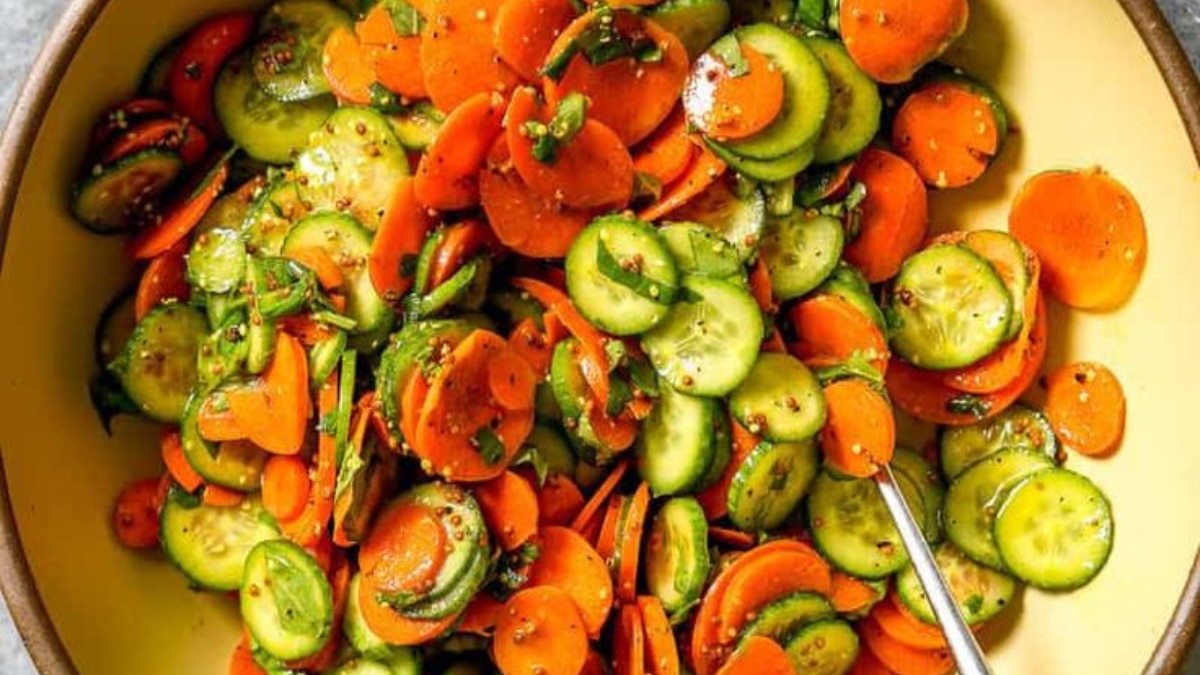
Eating cooked or raw vegetables such as cucumbers, carrots and spinach during the Janmashtami fast helps keep you fresh and nourished. These vegetables provide essential nutrients, fibre and hydration, and fulfil the fasting guidelines.
3. Sabudana (tapioca pearls):
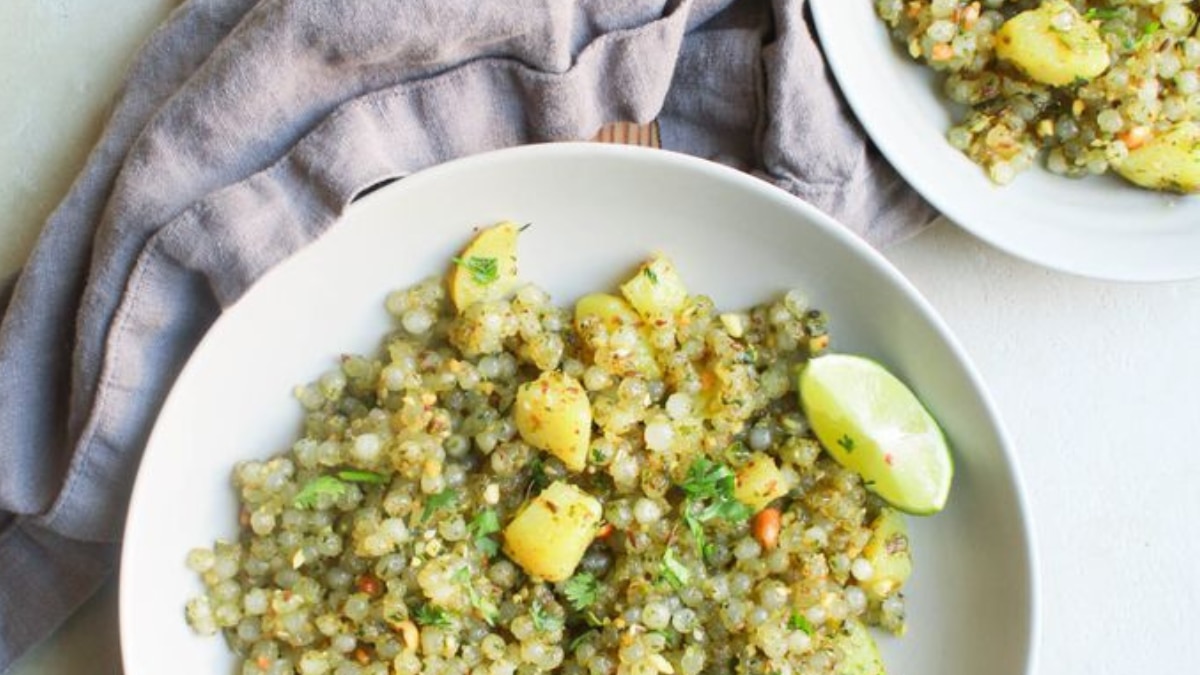
Prepare dishes like sabudana khichdi or sabudana vada. These meals are nutritious, filling and respect fasting traditions, offering a tasty and satisfying way to maintain energy while respecting dietary restrictions.
4. Singhara Atta (Water Chestnut Flour):
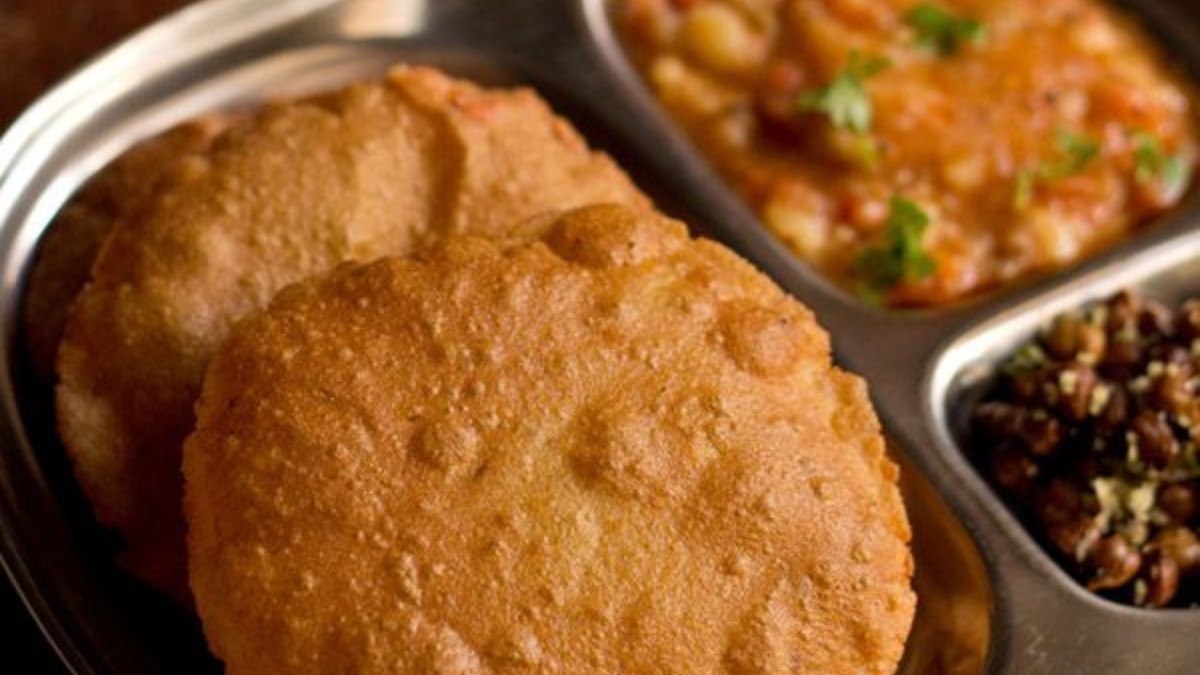
Use Singhara Atta (water chestnut flour) to prepare dishes like puris, pancakes or halwa. These options are nutritious and satisfying, and fit perfectly into fasting guidelines, besides providing energy and meeting dietary restrictions.
5. Kuttu Atta (Buckwheat Flour):
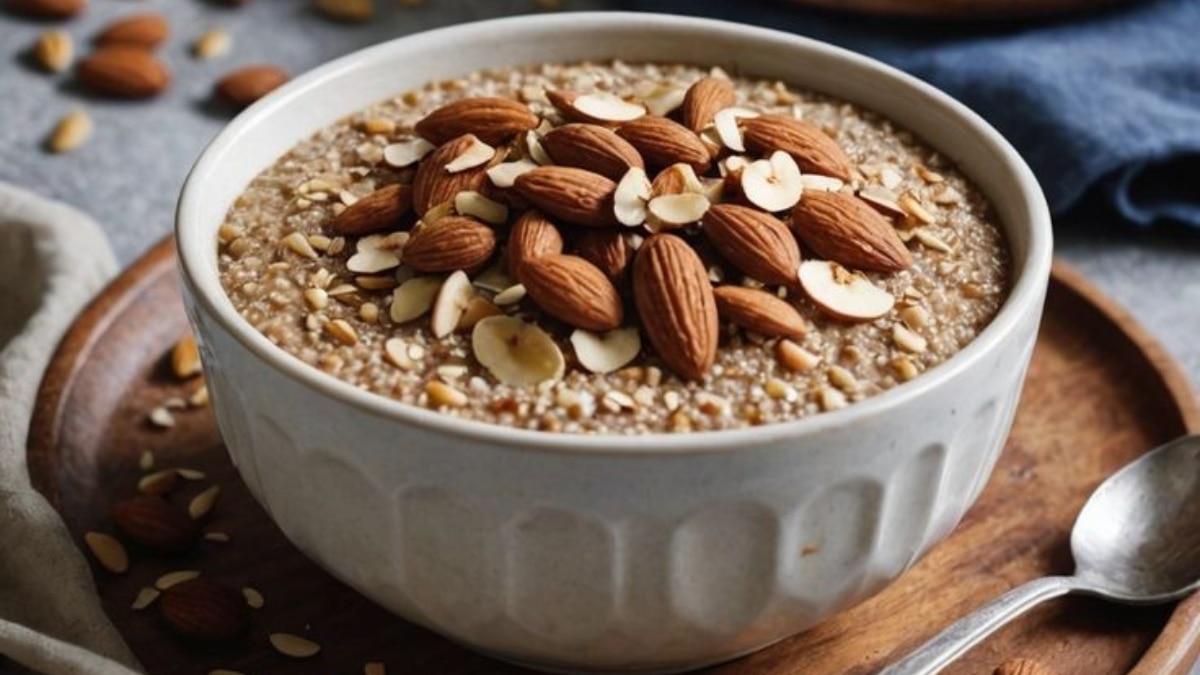
Incorporate Kuttu (buckwheat flour) to prepare Kuttu ki Puri, Kuttu ki Khichdi, pancakes or pudding. These dishes are nutritious and filling, and comply with the fasting rules, while providing essential energy and maintaining your nutritional needs throughout the day.
6. Nuts and seeds:
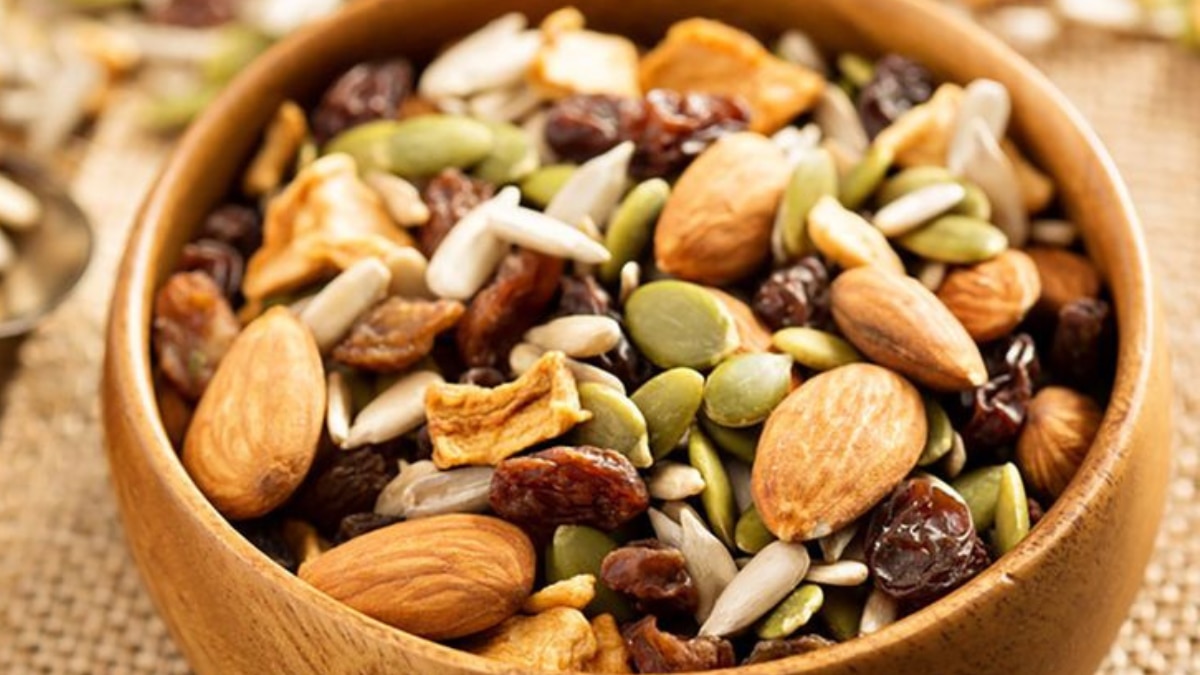
Nuts and seeds, such as almonds, walnuts and pumpkin seeds, are ideal as a snack. They are a quick source of energy and essential nutrients, which fit into fasting guidelines and keep you nourished and satisfied throughout the day.
7. Yogurt:
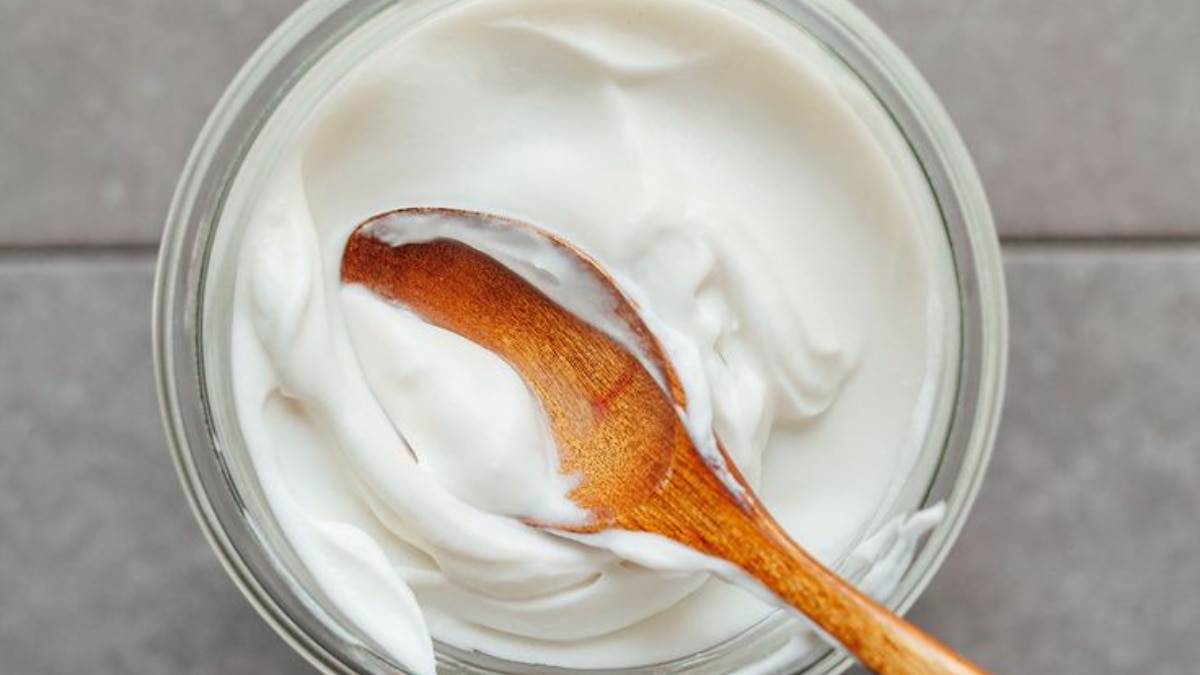
Yogurt is an excellent option for Janmashtami fasting as it offers a refreshing and light option. It can be consumed alone or incorporated into dishes like raita, providing a cooling effect while providing essential nutrients and aiding digestion during fasting.
Disclaimer:
The information contained in this post is for general information purposes only. We make no representations or warranties of any kind, express or implied, about the completeness, accuracy, reliability, suitability or availability with respect to the website or the information, products, services, or related graphics contained on the post for any purpose.
We respect the intellectual property rights of content creators. If you are the owner of any material featured on our website and have concerns about its use, please contact us. We are committed to addressing any copyright issues promptly and will remove any material within 2 days of receiving a request from the rightful owner.

